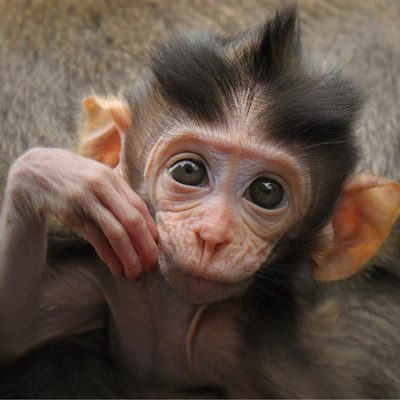The memory capacity of chimpanzees and children is almost identical, according to a recent study by scientists at the Max Planck Institute for Evolutionary Anthropology. While chimpanzees lack a systematic search strategy, the study found that they possess similar short-term memory capabilities to a seven-year-old child. The researchers conducted experiments with thirteen chimpanzees, hiding food in opaque boxes with individual shapes and colors. After a short break, the chimpanzees were allowed to choose one of the boxes and eat the food inside. The boxes were then covered with a cloth and mixed up, and the chimpanzees were given the opportunity to choose again. The experiment showed that chimpanzees have a visual memory and can remember up to four previously chosen boxes on average, with one young chimpanzee remembering more than seven.
While chimpanzees and humans share many similarities, the study also revealed a crucial difference between the two species. Unlike humans, chimpanzees did not use a systematic search strategy to remember the positions of the boxes. This strategy, which allows humans to store more information in their short-term memory, could be a promising candidate for understanding the fundamental differences between humans and chimpanzees. The study’s findings suggest that chimpanzees possess a strong short-term memory, which helps them to complete everyday tasks and hold information that is needed in the short term.
The study’s results provide further evidence of the cognitive abilities of chimpanzees and their similarities to humans. The researchers suggest that chimpanzees’ strong visual memory could be due to their reliance on visual cues in their natural environment. The study also highlights the importance of understanding the cognitive abilities of non-human primates, as it can help us to better understand our own cognitive evolution.










